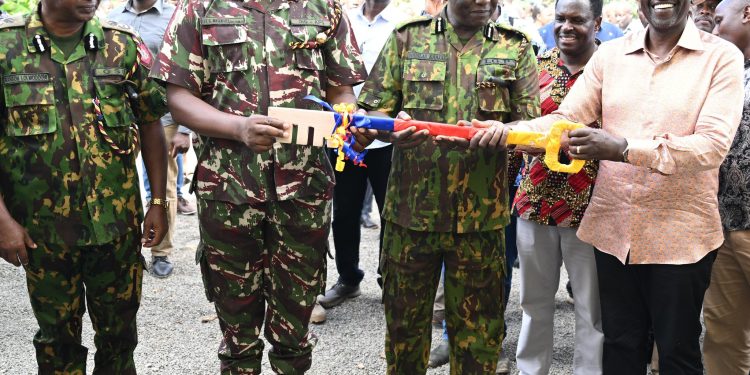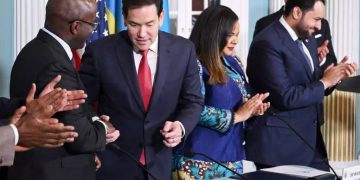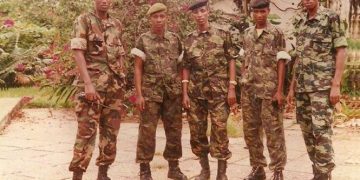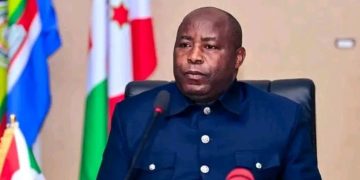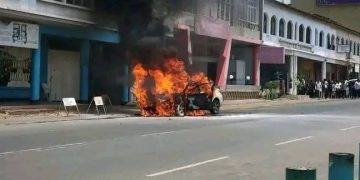Kenya’s political scene took a sharp turn this week as the military waded into the fray, issuing a stern warning against anti-government slogans like “Ruto Must Go.” General Kahariri, the Military Chief, declared on March 27 that the armed forces would not tolerate any “unconstitutional overthrow” of President William Ruto’s government, raising eyebrows across East Africa. For a country long proud of its democratic credentials.
The statement comes amid rising tensions between Ruto and his deputy, Rigathi Gachagua, who has accused the military of meddling in civilian affairs. Gachagua’s camp claims the Kenya Defence Forces (KDF) are being weaponized to silence dissent, pointing to their deployment during last year’s youth-led protests as precedent. Critics like opposition figure Martha Karua argue it’s a sign of bias, with the KDF acting as Ruto’s shield rather than a neutral guardian of the state.
Supporters, though, see it differently. Prime CS Musalia Mudavadi insists Ruto’s grip on power is unshakeable, and the military’s stance is just constitutional loyalty. “We can’t have anarchy,” Kahariri echoed, urging citizens to keep protests within legal bounds. But with Somalia and Ethiopia already flexing military muscle in regional politics, Kenya’s shift has neighbors watching closely.
For ordinary Kenyans, the question looms: what happens if the military doesn’t step back? Nairobi’s streets are calm for now, but the whiff of tear gas from past clashes lingers. As Ruto navigates this storm, one thing’s clear—Kenya’s democracy is at a crossroads, and the KDF might just be holding the map.
Stay tuned for updates on this unfolding saga.

